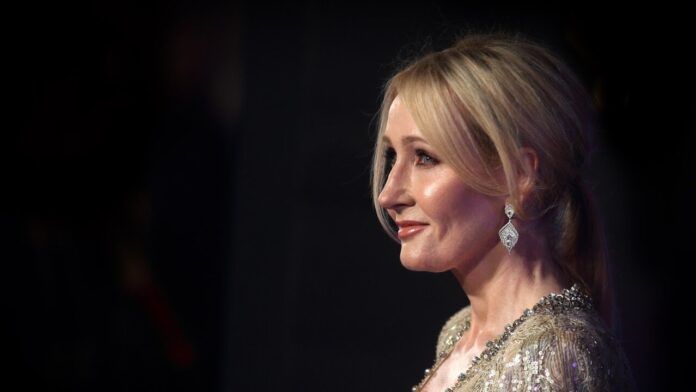Renowned author stands firm on free speech grounds, provoking wide debate over Scotland’s controversial legislation
In a bold confrontation with Scotland’s newly enacted Hate Crime and Public Order Act, celebrated author J.K. Rowling tested the limits of the law, leading to Police Scotland’s announcement that they will not press charges against her. Rowling, famous for the “Harry Potter” series, took to social media on April Fool’s Day, engaging in what appeared to be a critique of the legislation that has stirred national and international discourse over the balance between hate speech and freedom of expression.
Scotland’s recent legal provision, effective from April 1, aims to curb hate speech, specifying offences that could incite hatred against groups based on characteristics like sexual orientation, transgender identity, and more. Violations carry a penalty of up to seven years in prison. Rowling’s social media posts, however, challenged the law head-on, questioning its implications on discussions surrounding biological sex and gender identity.
Initially, Rowling’s tweets described biologically male criminals identifying as transgender, only to clarify her stance with a direct challenge to the hate speech legislation. Her provocative statement, “I look forward to being arrested,” was met with significant attention, leading to Police Scotland’s clarification that her comments do not constitute a criminal act under the new law.
Rowling’s stance has been a lightning rod in the debate over transgender rights and women’s safety, sparking reactions from various quarters. The author expressed hope that her case would reassure others who share her views on biological sex, emphasizing the importance of equal treatment under the law regardless of an individual’s financial means or public profile.
Critics and supporters alike have weighed in, with Rowling pledging solidarity with any woman facing legal action for similar expressions, asserting, “If they go after any woman for simply calling a man a man, I’ll repeat that woman’s words and they can charge us both at once.”
The law itself has faced pushback from figures like Jim Sillars, former deputy leader of the Scottish National Party, who has campaigned for its repeal, arguing it compromises free speech. UK Prime Minister Rishi Sunak also commented on the issue, advocating for common sense in discussions about biological sex and defending the tradition of free speech.
This episode underscores a fraught debate in Scotland and beyond over how to balance laws aimed at protecting individuals from hate speech with the fundamental right to free expression. Rowling’s confrontation with Scotland’s hate speech law not only highlights the complexities of legislating against hate speech but also signals a broader discussion on gender, identity, and the boundaries of legal intervention in personal and public discourse.
